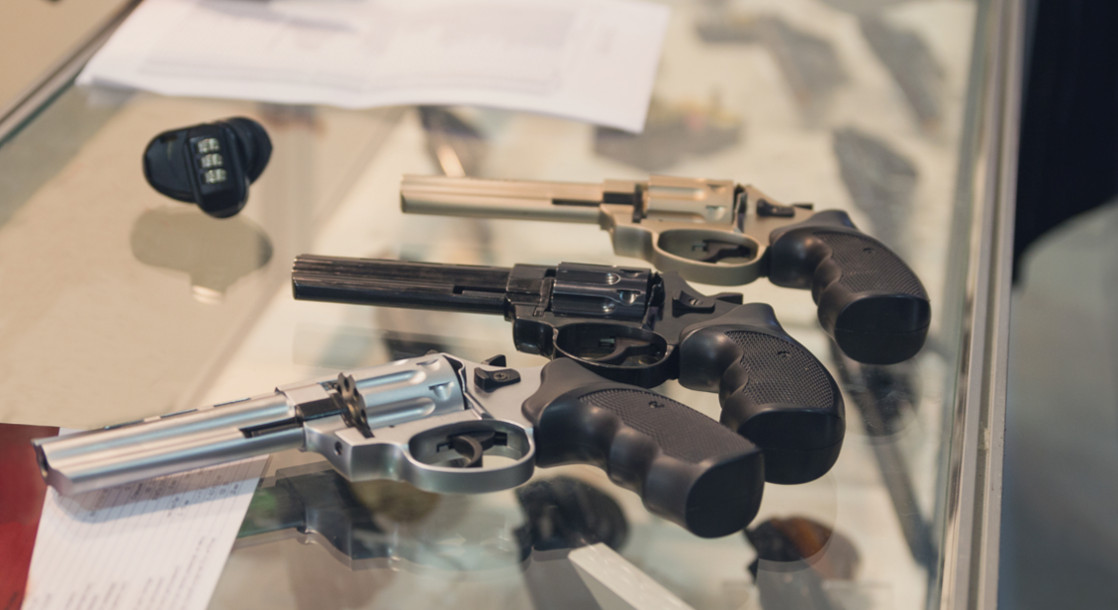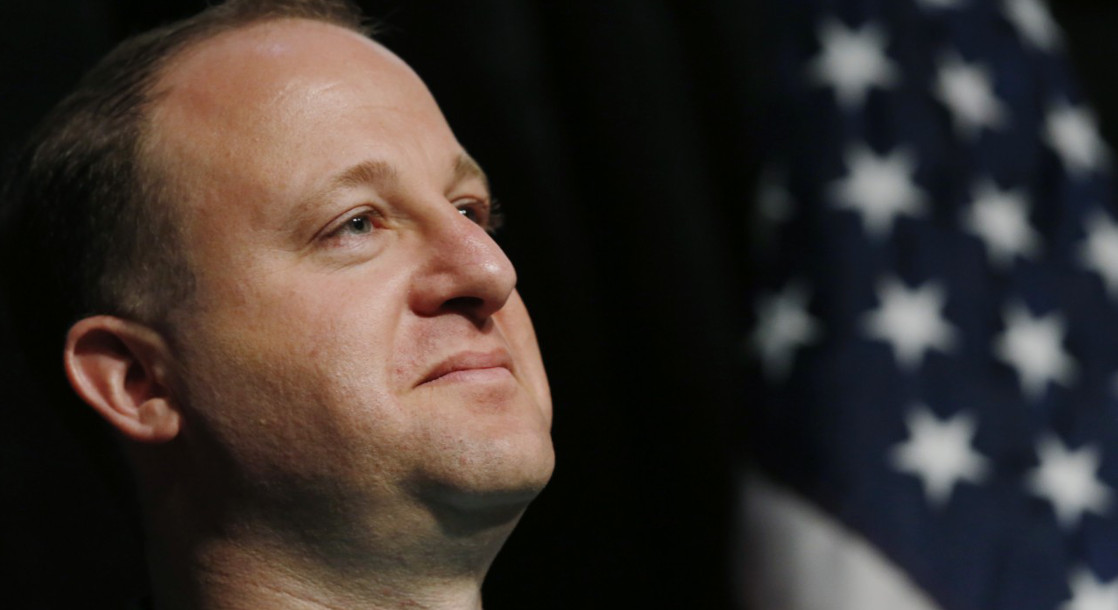Photo via DmyTo
Police departments in several canna-legal states are working to prevent medical marijuana patients from owning guns, citing a federal law prohibiting users of any federally prohibited substance from owning a firearm. Some states are exploring measures to prohibit medical cannabis users from buying guns, while others have gone so far as ordering patients to relinquish their pieces to the police.
In Hawaii, the Honolulu Police Department has been sending letters to registered medical marijuana patients throughout the year, demanding that they surrender any and all firearms to the police within 30 days. The department's decision finally drew criticism from cannabis and firearm advocates alike last, and the HPD quickly backtracked on its decision. In a press release on Tuesday, the department said it would not require cannabis users to turn in their guns, but would deny new firearm permits for MMJ users.
“This is a new area of concern for cities across the country, and we in Honolulu want to develop a policy that’s legally sound and serves our community,” said HPD Chief Susan Ballard according to the Honolulu Star-Advertiser. “Formulating the policy will take time, but we want to do it right.” Ballard said that the HPD will return guns to two individuals who voluntarily turned their firearms over to the police. A similar scene played out in Illinois in 2015, when several medical marijuana patients were told their firearms licenses had been revoked due to their cannabis use. Officials reversed their course after receiving negative press, calling the letters a mistake and abstaining from further interference with MMJ patients' firearms.
Across the country in Delaware, law enforcement officials are currently trying to convince state legislators to take steps to block medical cannabis users from buying guns. Camden police chief William Bryson, chairman of the Delaware Police Chiefs Council, told a legislative cannabis task force that state drivers’ licenses should be changed to indicate whether or not the license holder uses cannabis. This change “would make sure that we are doing everything we can to ensure that prohibited people are not buying firearms in Delaware," Bryson said after the meeting, according to the Associated Press.
Bryson also explained to the task force that the federal background check form required for gun purchases asks whether or not the applicant uses cannabis illegally, and notes that all cannabis use is considered illegal by the federal government, regardless of state legality. An individual that admits to cannabis use on the background check form will likely be denied the right to buy a gun, while someone that does not admit to their cannabis use could be charged with a felony.
Ohio may be the next state to become a battleground over gun rights, as the rollout date for their medical cannabis program draws near. "I think the fear right now is someone who's using marijuana for medical purposes, can they be a responsible gun owner?" said Cincinnati-based attorney Bill Gallagher to NBC affiliate WLWT5. "I think the answer is probably yes, without a doubt. It's my experience that's been those who are taking the steps to get a medical marijuana card understand the limits of their use and how they operate and how they're able to work in society. I think of gun ownership, and it would be no different for those folks."
The concern over whether or not cannabis users can be responsible gun owners is propelling many of these attempts to restrict gun ownership, but there is a dearth of scientific evidence on the matter. This is largely due to the federal government's classification of marijuana as a Schedule I drug with no medical use, which makes it nearly impossible to obtain funding for studies related to cannabis. The Centers for Disease Control also strictly avoids conducting research on any kind firearm-related fatalities — substance-related or not — for fear of losing government funding, says Harvard health policy professor David Hemenway. “The director of the CDC [knows] if he says anything about guns, funding will be cut,” Hemenway told Scientific American earlier this year.
Although many state and federal law enforcement agencies cite concerns over links between gun violence and marijuana use, alcohol abusers face no such blanket restrictions on their gun ownership despite thorough scientific evidence linking alcohol abuse to gun violence. Recent research has shown that gun owners convicted of an alcohol-related offense are as much as five times more likely to be arrested for a violent or firearm-related crime than those who’ve not been busted drinking.
“Alcohol was a more important predictor of future violence than prior violence was,” said Garen Wintemute, director of the Violence Prevention Research Program at the University of California, Davis — which conducted the study — to The Trace. Regardless of this evidence, federal law does not prevent those with alcohol-related convictions or alcohol abuse issues from purchasing weapons. A minority of states do bar those with alcohol-related convictions from buying guns, but regrettably they are the exception rather than the rule.











